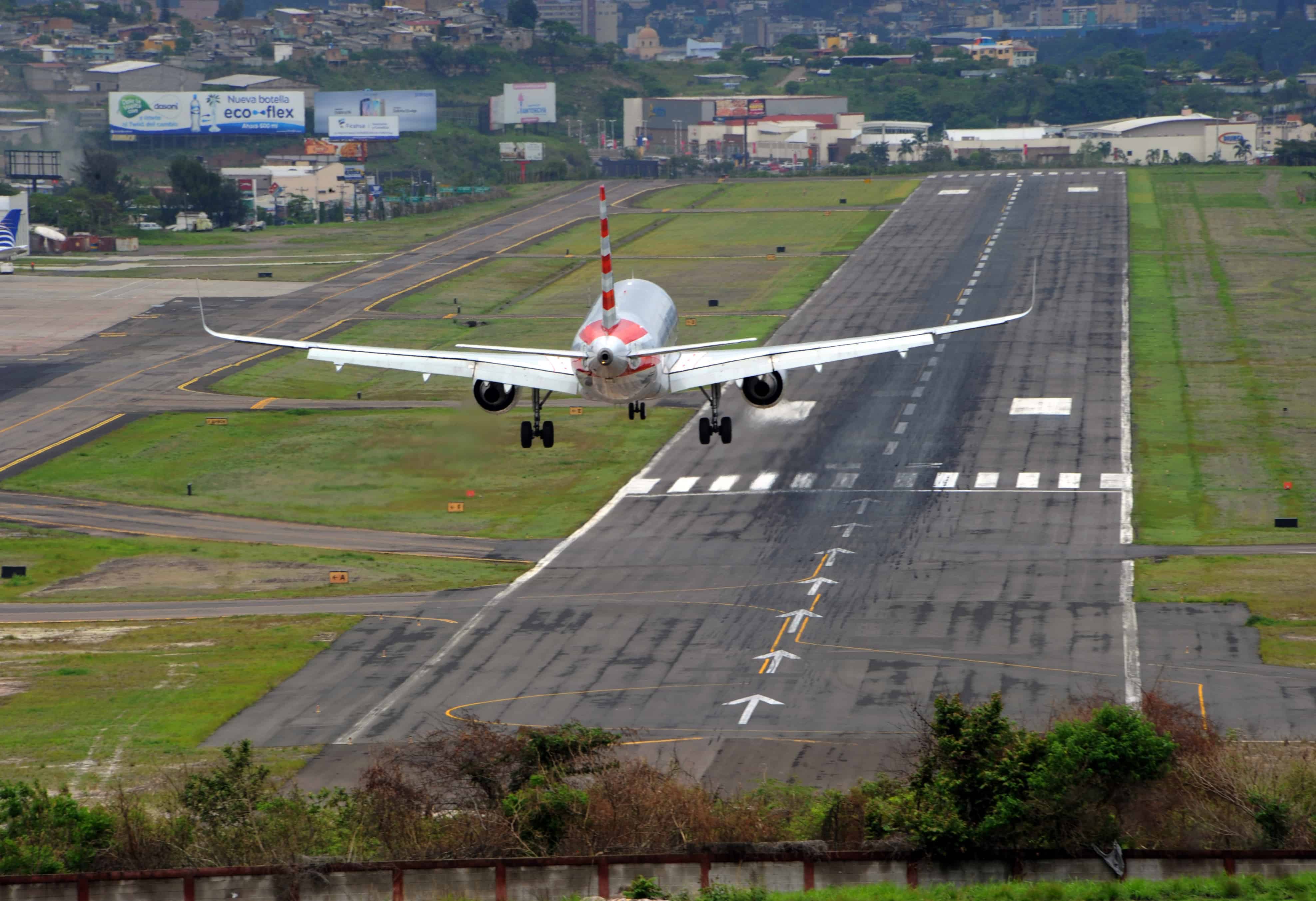Deserted beaches, empty mountain hotels, closed shops: the novel coronavirus hit Central American tourism hard in the height of the high season, plunging companies in the sector into the uncertainty of not knowing if they will be able to continue operating when the pandemic passes.
The crisis caused by COVID-19 is potentially devastating for the isthmus, whose income depends largely on tourism, and governments are studying measures to mitigate the blow.
With the exception of Nicaragua, Central American countries have closed borders and airports and prohibited the entry of foreigners to contain the new coronavirus. The situation is affecting the most important season of the year for tourism, which runs from December to April with the dry season.
In the Salvadoran department of La Libertad, in the Pacific, the beaches desired by surfers are deserted.
In El Zonte beach, owners of small hostels received a painful blow following government regulations, which include a household quarantine.
“I am not going to survive this crisis. I had to close the hostel because clients cannot be served, and without income I cannot pay my workers or pay my bills,” Salvadoran Marcela Vardú, owner of the small Black Cat hostel, told AFP in El Zonte.
According to Vardú, the venture that she opened with great enthusiasm a year ago is currently going downhill. The situation became so complicated that she was forced to accommodate seven foreign tourists in her own home.
The Salvadoran Minister of Tourism, Morena Valdez, assured that the sector expected significant growth for 2020, but that expectation has faded.
“We had projected that we would grow between 15% and 20% in 2020, (but) we will have a decrease of 25%” due to the pandemic, Valdez anticipated.
El Salvador in 2019 recorded revenue of $ 1.7 billion from tourism, with 2.5 million visitors.
Threat of bankruptcy and layoffs
Costa Rica, the country that attracts the most tourists in Central America with more than three million visitors annually, is also feeling the effects of the new coronavirus.
For the former Costa Rican Minister of Tourism Mauricio Ventura, “the crisis for tourism companies and their employees has already begun,” so government solutions must “urge to avoid mass layoffs, alleviate the lack of cash flow and avoid the closure of companies.”
Entrepreneurs know how hard the situation is.
“We are going to have a cemetery of tourist companies,” warned the president of the Costa Rican Union of Chambers of Private Enterprise, Álvaro Sáenz, who advocated reducing the value added tax from 13% to 6% to help companies to get out of the health crisis.
Under normal circumstances, tourism contributes 8% of Costa Rica’s GDP, equivalent to about $4 billion, and generates 600,000 jobs.
With the restrictions due to the pandemic, conservative estimates project a loss of 25% — that is, about 800,000 fewer tourists, with a loss of $1 billion and 150,000 jobs.
Guatemala lives the same drama. The president of the Chamber of Tourism (CAMTUR), Luis Rey, predicts that without state financial support, many companies will start to fail.
“We fear for the jobs that depend on tourism, since there is no income to sustain ourselves. Most companies, if they do not get any financial support between now and the end of the month, are going to fail,” the CAMTUR president lamented.
According to Rey, the sector generates 177,000 direct jobs, including hotels, restaurants, tour operators and transporters, in addition to the 500,000 people who work as tour guides, artisans and other trades in the tourism sector.
Figures from the Guatemalan Tourism Institute (INGUAT) detail that the country in 2019 received 2.5 million foreign visitors, a record number of arrivals, which generated $1.25 billion.
Guatemala was preparing for an influx of tourists at Easter, but those projections have fallen apart.
“We had projected the entrance of 144,500 foreign tourists (at Easter) and 60% already fell. If the (international) flights are not restored, it is possible that everything will fall,” lamented the deputy director of INGUAT, Elmer Hernández.
In El Salvador, the government suspended for three months the payment of two taxes to help the tourism sector mitigate the fiscal impact of the situation.
But the crisis generated by the coronavirus pandemic has provided no indication of when it could end.






